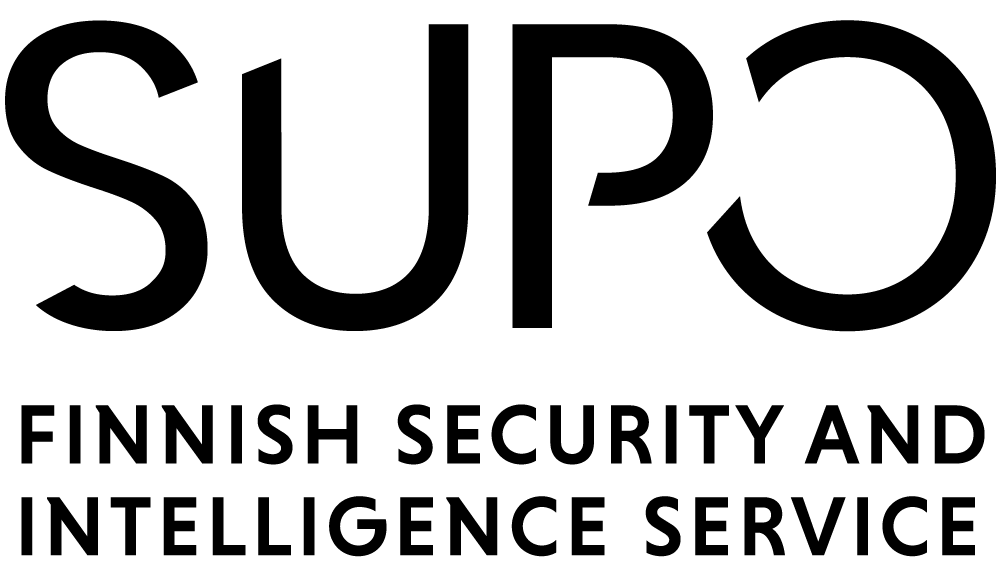The threat of terrorism remains at level elevated
The threat of terrorism in Finland remains elevated, corresponding to level two on the four-point scale. Some 350 individuals are identified counterterrorism targets in Finland. The most likely threat of a terrorist attack comes from lone operators or small groups advocating far-right or radical Islamist ideology. Most activities linked to terrorism in Finland are support measures, such as fundraising and online dissemination of ideology.

Far-right terrorism involves a threat of violence
Supporters of far-right terrorism have been influenced by such elements as Siege culture, which seeks a violent collapse of the social order. These supporters view armed attacks as a key instrument for accelerating the collapse of society. They are active in online communities where extreme right-wing mass shooters are glorified, people are encouraged to mount attacks, and attack planning materials are shared.
Financing is a key form of support for radical Islamist terrorism in Finland
Terrorist financing is the transmission of collected or otherwise procured funds to persons involved in terrorist operations. Such financing is a key form of support among radical Islamist terrorism in Finland. The funds may be raised in the form of donations, for example. Efforts are often made to use legitimate business operations for laundering amounts of money that were acquired by property offences, unlawful trading and extortion of protection money. These funds are transferred to the account of an officially registered business for some reason that resembles ordinary business operations, and are then forwarded from that account to countries with less rigorous banking supervision systems or immediate terrorist activity.
The use of digital money transfers and the proliferation of virtual currencies has reinforced the informal banking and money transfer service sector. Financing of terrorist operations is an international phenomenon that crosses boundaries between economic regions. Terrorist operators can collect significant sums in a particular country without elevating the threat of terrorism in that country.
The third sector also serves as a vehicle for financing terrorism. This may involve direct transfers of funds to a terrorist operator through a nominally non-profit foundation. Funds may also be transferred to a person abroad, who then forwards them to a terrorist operator directly, via some business operation, or through the third sector.
Multi-agency cooperation plays a key role in tracking terrorist financing. Supo collaborates in this field both internationally and within Finland, with agencies such as the Finnish National Bureau of Investigation and the Finnish Customs.
Probability terms used in the report
Improbable 20 %
Probable 75 %
Highly probable 90 %
Time assessments used in the report
Short term 6 months–2 years
Medium term 2–5 years
Long term over 5 years
